This week Balázs Orbán, the bespectacled political director to the Hungarian prime minister (and of no relation to him), has found himself in trouble after a podcast interview he gave on Wednesday. He seemed to imply that Ukraine should not have resisted the Russian onslaught — and that if Hungary had been in a similar position, it would have given up without a fight.
“We probably wouldn’t have done what President Zelensky did two and a half years ago, because it’s irresponsible,” Orbán said. “Because obviously he put his country into a war defense, all these people died, all this territory was lost — again, it’s their right, it’s their sovereign decision, they had the right to do it. But if we had been asked, we would not have advised it.” He also said: “From ’56 we learned that we must handle the very valuable Hungarian lives with care. They cannot just be thrown away in front of others like that.”
Balázs Orbán told me that in the new cold war between the West and its rivals
Whatever his intentions may have been, the implication was twofold: the Ukrainians should not have resisted, and the Hungarian Uprising of 1956 was a futile effort. Orbán is now doing damage control. “The heroes of ’56 are national heroes, their memory is sacred and unassailable, those heroes were right and did the right thing,” the political director said in a video released on Thursday.
The topic of the 1956 Uprising had originally been raised by the US ambassador, David Pressman. “How can the country of 1956 also be so cozy with Putin’s Russia?” Pressman asked during a speech at last week’s Budapest Forum. It was Balázs Orbán’s attempt to rationalize this apparent contradiction that drew out those divisive comments. “We have the policy we do because of ’56,” he said on Wednesday.
This has not been a very good year for Hungary’s ruling party, Fidesz. The trouble began back in February, when it emerged that a former official who’d been convicted of covering up child abuse crimes at a state-run children’s home was granted clemency by then-president Katalin Novak. The scandal drew some of the largest protests in Hungary since 2010, and led to Novak’s subsequent resignation. Judit Varga, a former justice minister who’d been set to lead the Fidesz list for this year’s European Union parliamentary elections, was also toppled by the affair.
The uproar was beginning to die down in March when, in a strange turn of events, Varga’s ex-husband, Peter Magyar, burst onto the political scene, announcing his own party and releasing evidence which he claimed implicated the Fidesz government in corruption. Coming from well-connected Fidesz circles, his insurgent campaign was a sudden blow. Magyar, now an MEP, has unsurprisingly wasted no time in calling for Orban’s resignation.
Back in March, when all this was going on, I spoke with Balázs Orbán at his office at the Matthias Corvinus Collegium in Budapest, where he currently serves as chairman of the board of trustees. We met to discuss his new book, Hussar Cut: The Hungarian Strategy for Connectivity, which outlines Hungarian “grand strategy” for a multipolar world.
In that meeting, Orbán told me that in the new cold war between the West and its rivals, Hungary does not have to take sides. He rejects what he views as a kind of neo-romanticism that needlessly places the western “democracies” at odds with “autocracies,” advocating instead for a foreign policy grounded in realism, not ideological lecturing. His vision is to implement “a connectivity strategy” in which Hungary looks out for its best interests by extending in as many different directions as possible. By doing so, he told me, it may become a “keystone state,” that can absorb the tensions of opposing blocs and de-escalate global conflicts.
I asked him if Hungary withdrawing from NATO to become neutral, like neighboring Austria, would better serve this strategy, but he assured me that “withdrawing from Western alliances would contradict its principles.” Brexit was a disaster for Hungary, he said, because it eliminated a valuable counterweight from an EU structure that has grown progressively worse ever since. “We want to get involved in every kind of cooperation which is based on national interests. This is what we want.”
This article was originally published on The Spectator’s UK website.



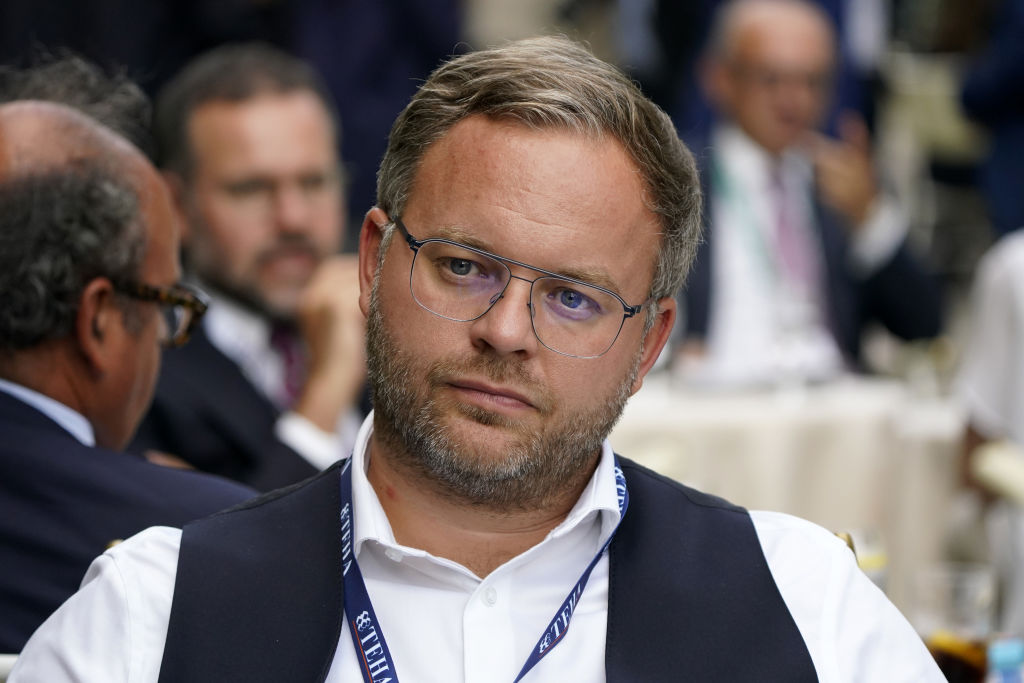







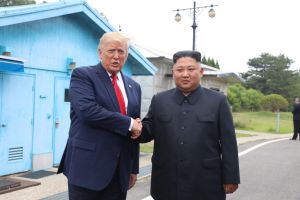

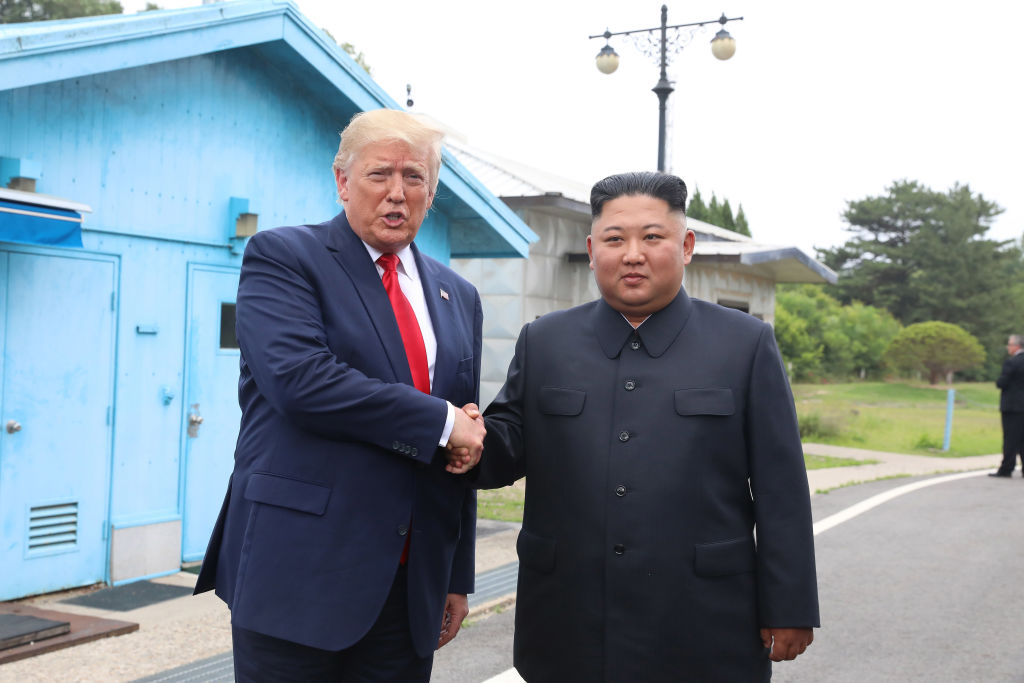



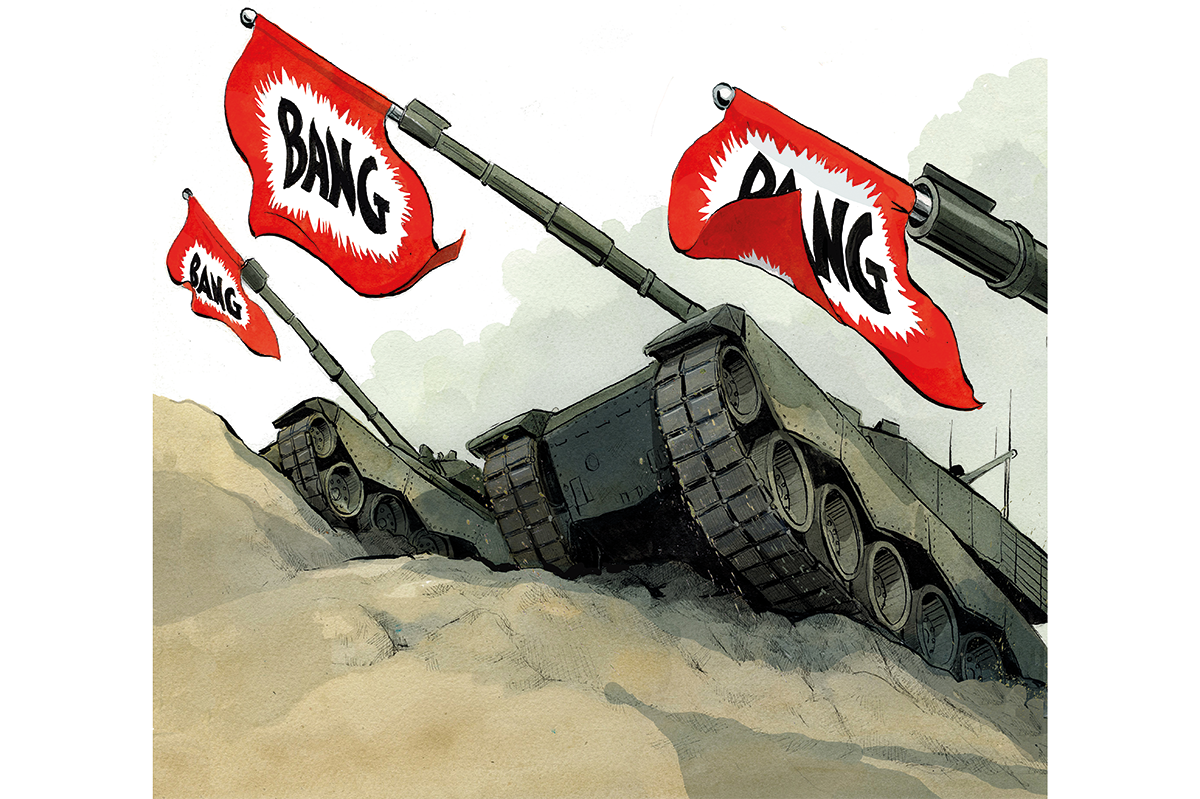
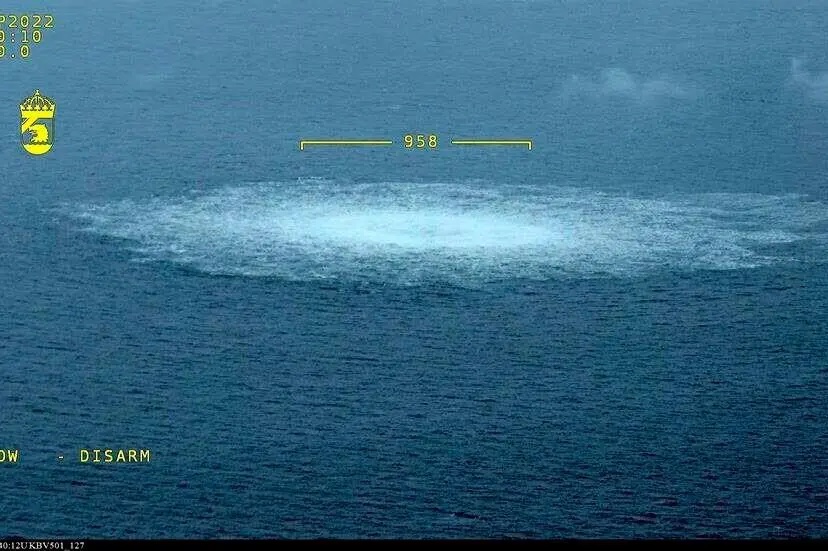







Leave a Reply